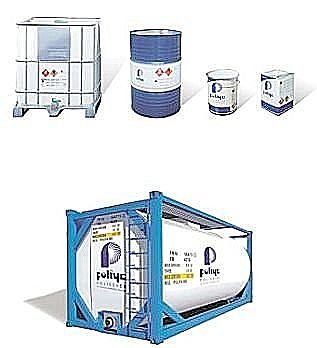 A few months ago, the battle of the plant-based bottles began between PepsiCo and Coca-Cola.
A few months ago, the battle of the plant-based bottles began between PepsiCo and Coca-Cola.
Each claimed that they were going to be utilizing plant-based materials in place of petroleum and natural gas for their “green bottles” and “PlantBottles” used for products like bottled water, soda and Heinz ketchup.
While this is all well and good that they’re using renewable resources over fossil fuels, their ads have lead some consumers to think that this bio-resin packaging is biodegradable due to them being plant-based. This couldn’t be further from the truth.
“Though these initial inputs come from renewable, lower-carbon sources, the resulting plastics are chemically identical to the polyethylene terepthalate, or PET,and high-density polyethylene, or HDPE, that regular plastic bottles are made of—a fact the companies acknowledge. And once the inputs become plastic, they carry all the same environmental impacts as plastic made from fossil fuels: They don’t biodegrade, they pollute the world’s oceans and soils, and still leach potentially harmful chemicals into our food,” writes Amy Westervelt of Slate.
And plant plastics may not be all they’re cracked up to be anyway. Yes, they reduce the use of fossil fuels, but they’re also harder to recycle than people may realize. In many of our current recycling facilities, these bioplastics — made from corn starch, tapioca, or sugar cane — are seen as waste and thrown out because they don’t have the same chemical makeup as regular plastics. It also doesn’t help that the typical recycling rate for PET products is between 21 and 27 percent.
So what’s the solution? Using 100 percent recycled plastic instead of plant-based plastics is a start (and some companies are already doing this). The next step would be for the companies to give consumers more incentives to recycle their products to make post-consumer plastic more available to create said recycled bottles.
Or we could just stop purchasing plastic and plastic-like packaging altogether.
Source : cltampa.com






